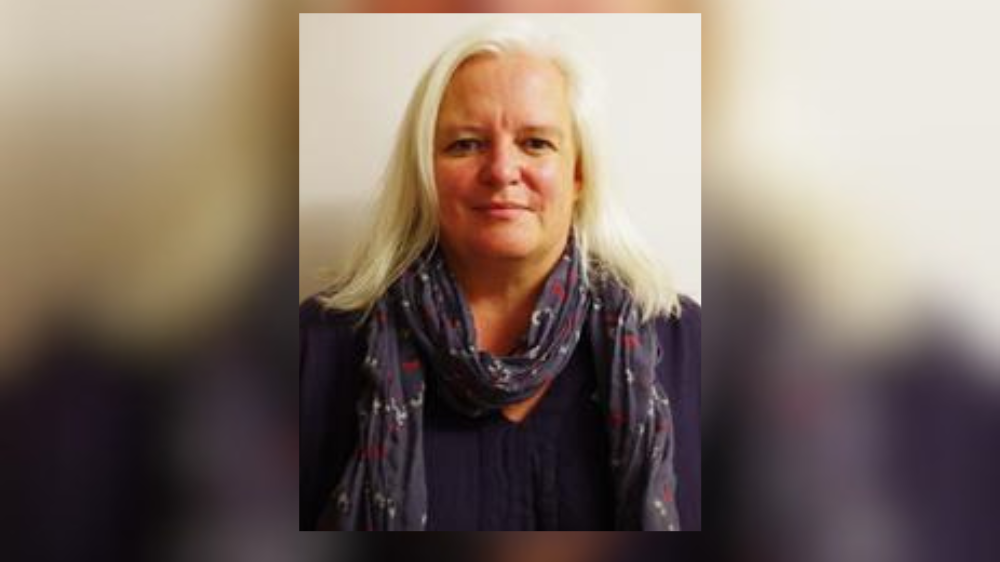
While providers turn huge profits
Local authorities are at the mercy of private companies making “eye watering” profits from caring for the most vulnerable children, a Plymouth councillor claims.
Children’s social care placements are expected to cost Plymouth City Council £18.2 million this year, with the most expensive being more than £17,000 a week.
But whilst many local authorities are buckling under the pressure of the rising costs of children’s services, a report commissioned by the Local Government Association has revealed that some of the largest independent providers of children’s care banked profits of more than £300 million last year.
Deputy leader of Plymouth City Council Cllr Jemima Laing (Lab, Stoke), cabinet member for children’s social care, asked for cross-party support this week to lobby the government over the issue as “disporportionate amounts of public money is making its way into the pockets of already very wealthy people”.
“These companies are profiteering from the most vulnerable children in our society. It is wrong on every level,” she said, and that the council should “fight back”.
She continued: “There is no question that we need to create some of our own provision, but this needs a wholescale change on a national level.”
Cllr Laing referred to an independent review in 2022 which said the country had “sleepwalked into a dysfunctional residential children’s care system” and said that the UK needed to follow Italy’s example where children’s social care providers were “not for profit” organisations.
“The option of doing nothing is not sustainable. If it carries on all local authorities are going to fall off the cliff, and nosedive into insolvency.
“As corporate parents, we want the best for our children, but it can’t be at any price.”
The average cost of a children’s social care placement in Plymouth is £6,700 a week or £329,000 a year.
Cllr Sally Cresswell (Lab, Stoke), cabinet member for education, said companies who made massive profits by exploiting the disadvantage of others was “obscene” and “morally indefensible.”
She said some firms had profit margins almost three times the size of supermarkets like Sainsbury’s.
The supermarket’s margin in the last three months for which figures are available was 0.9 per cent, which means for every £100 it gets in income, it makes 90 pence profit.
Cllr Cresswell urged councillors to support the motion as there was “no political point scoring on this issue.”
Cllr Natalie Harrison (Con, Plympton St Mary) said nearly 40 per cent of the 52 children in residential placements are cared for outside Plymouth. She supported more children staying in the city and the plan for more in-house foster carers.
The cost of placing a child with an independent fostering agency is £30,000 more a year than a foster carer working for Plymouth City Council. The council says its coming up with an “attractive fostering package” to encourage more people into the service and save £5 million a year.
Cllr Harrison said paying private companies for placements is sometimes necessary as they might be better able to provide a bespoke service to help children with more complex needs.
She added: “There is supply and demand in all industries, but we should not be making an industry out of our most vulnerable children.”
Councillor Terri Beer (Ind, Plympton Erle) said she was “deeply saddened” that young people were being “exploited.”
The council agreed to write to children’s minister David Johnston to make him aware of the situation in Plymouth, and ask him to investigate “as a matter of urgency” the largest providers of children social care placements so there is “greater financial oversight”.
Cllr Cresswell believed Mr Johnston would have “sympathetic ear” to their concerns.
According to the Local Government Association, in November last year the number of children’s social care placements costing £10,000 or more per week in the country had risen from 120 in 2018/19 to 1,510 in 2022/23.
Nearly all councils surveyed said a lack of choice in placements is driving the high prices.
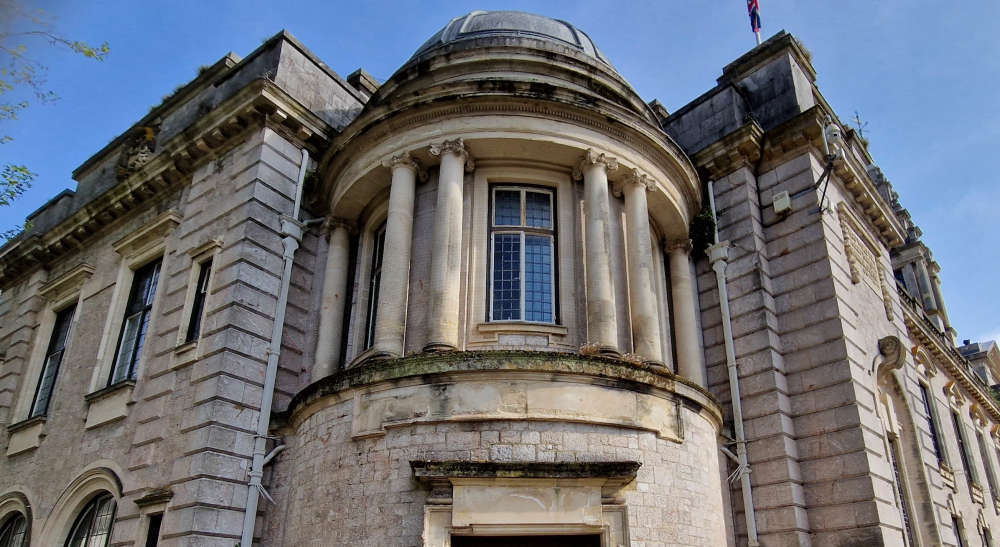 Torbay Council considers 'fire and re-hire' in pensions wrangle
Torbay Council considers 'fire and re-hire' in pensions wrangle
 110 extra officers for Devon and Cornwall Police
110 extra officers for Devon and Cornwall Police
 Elderly pedestrian hit by car in Paignton crash
Elderly pedestrian hit by car in Paignton crash
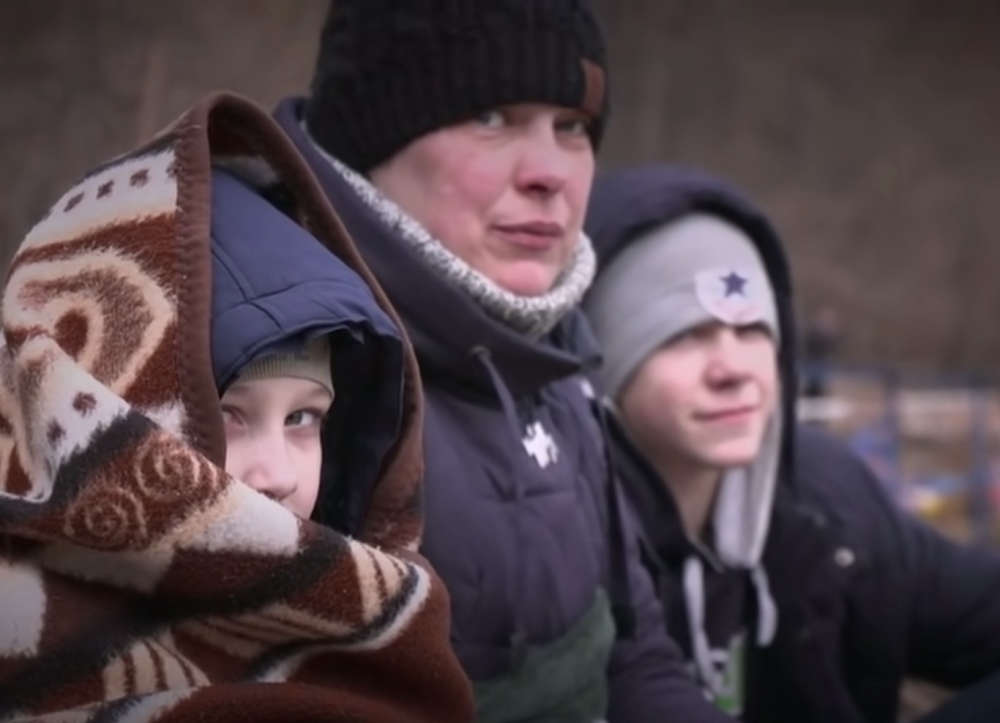 Top up payments for Ukrainian hosts in North Devon
Top up payments for Ukrainian hosts in North Devon
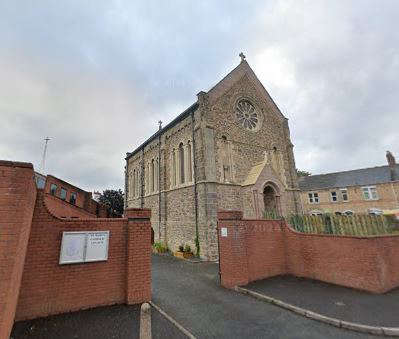 Plans submitted to join two catholic churches in Barnstaple
Plans submitted to join two catholic churches in Barnstaple
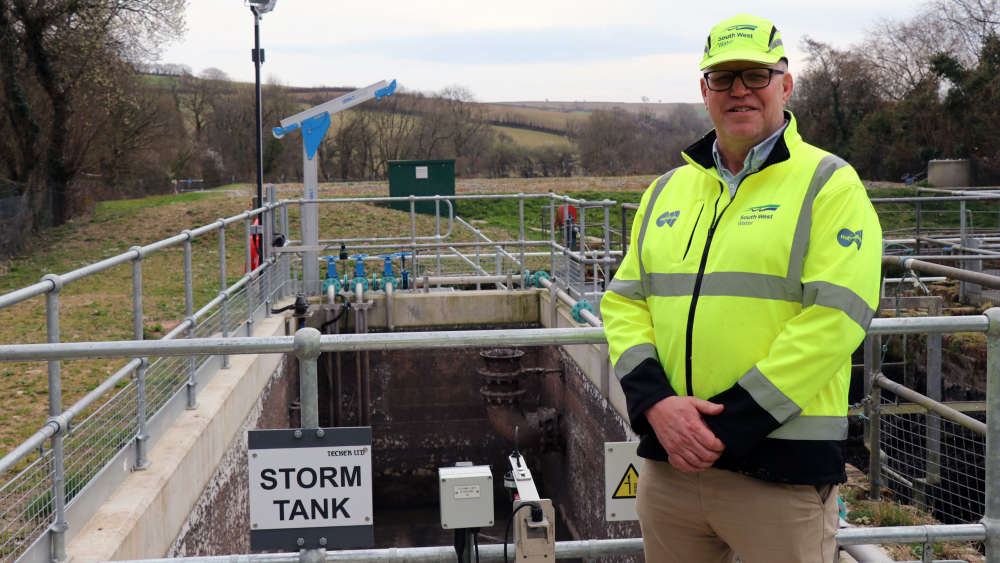 North Molton storm overflows halved
North Molton storm overflows halved
